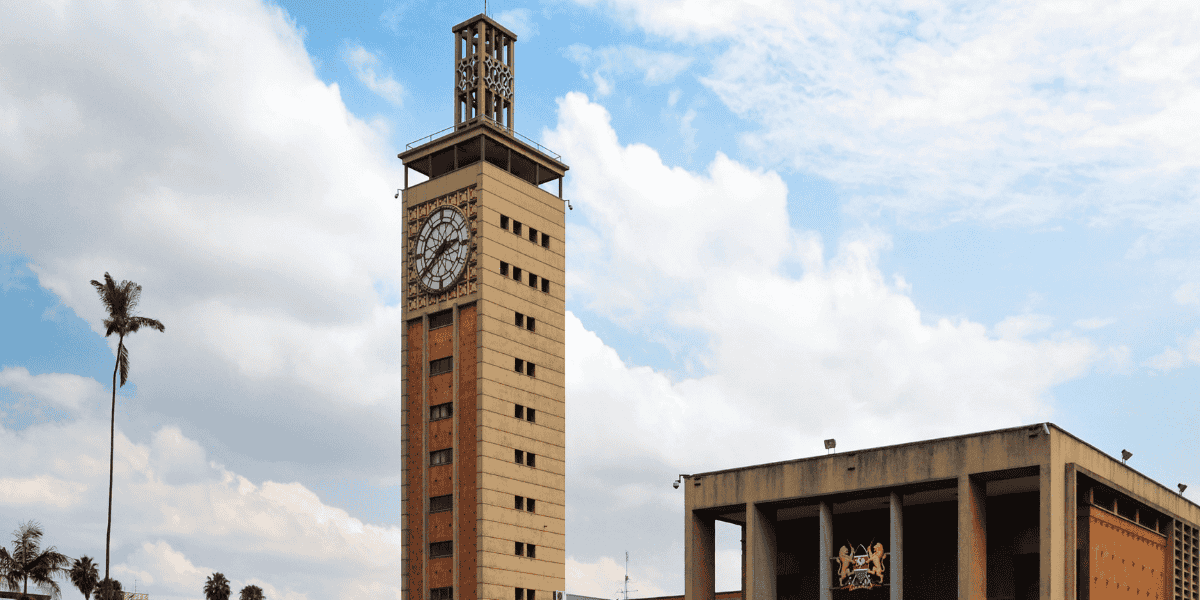On 1 April 2021, the Kenyan Tax Appeals Tribunal (TAT) ruled on tax disputes between McKinsey and Company Inc. Africa Limited (McKinsey / the Appellant) and the Kenya Revenue Authority (KRA / the respondent) in relation to withholding tax (WHT) on fees paid to a South African company (SA entity) under the double taxation agreement between Kenya and South Africa (DTTA).
McKinsey is a subsidiary of a South African company whose main business activity in Kenya is the provision of advisory services including strategy, operations, finance and human resources consulting. The KRA conducted a tax audit of McKinsey for the 2014-2017 period, which resulted in a confirmed assessment of the additional withholding tax on fees paid to its related party in South Africa.
The Appellant appealed against the decision of the KRA to the TAT because the respondent had incorrectly applied the provisions of the Kenya-SA DTTA to the Appellant’s business. McKinsey’s claim was that the taxing rights for professional fees should be guided by the Article on business profits. The KRA considered that if the DTTA did not contain a specific article on professional and management fees, that income would be taxable under the “Other Income” article, which gives Kenya tax rights.
The TAT concluded that there was only one issue for determination, being, whether the Respondent erred in demanding WHT from the Appellant on professional fees paid to its related party in South Africa. Thus, the TAT ruled in favor of McKinsey. In essence, the TAT grounds the well accepted guidance provided by the commentary under Organisation for Economic Co-operation and Development (OECD) Model Tax Treaty as sufficing for interpreting DTTAs and effectively respects the pacta sunt servanda principle.
The TAT concluded that there was only one question to determine whether the Respondent wrongly requested WHT from the Appellant because of the fees paid to its related party in South Africa. Thus the TAT decided in favor of McKinsey. In essence, the TAT justifies the well accepted guidance provided by the commentary under OECD model tax treaty as sufficing for interpreting DTTAs and effectively respects the pacta sunt servanda principle.
In summary, where a DTTA does not include a separate article regarding management or professional fees, such fees should be characterized as business profits.











